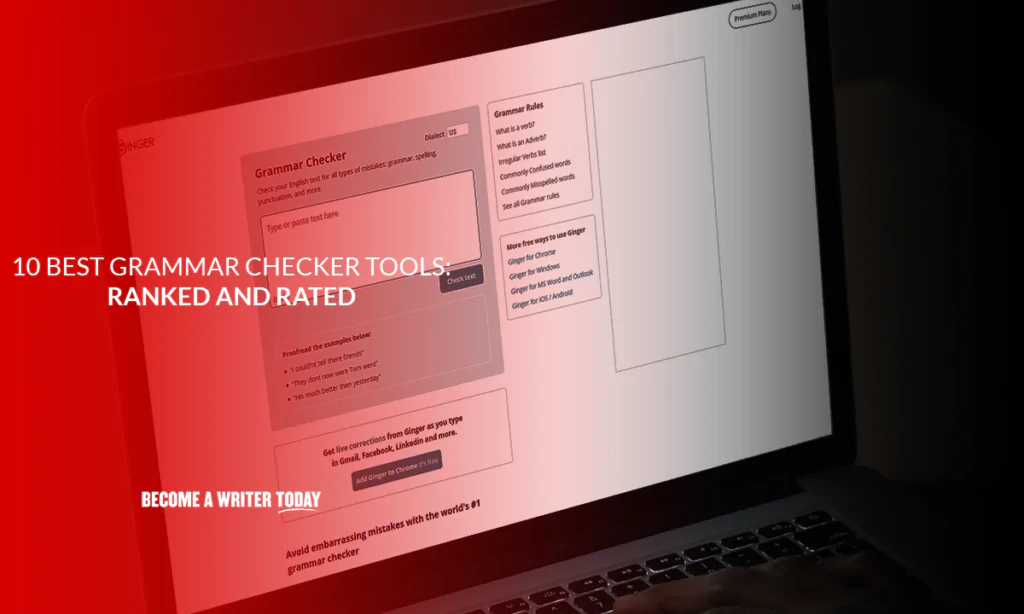Want to Write Online?
As Seen On

Writing Software Reviews
We try and test the best writing software and apps. Read some of our popular reviews.
Writing Resources
Watch, listen and learn from podcasts, videos and courses about the craft of writing from Become a Writer Today.
YouTube
Watch our videos packed full of writing advice, software reviews, tips, interviews, and book-round-ups on our channel. ⏯️
Courses
Get help with writer’s block, self-publishing, and earning more money as a writer in these popular courses. ✍️
Podcast
Listen to interviews with New York Times best-selling authors and other top writers. Get practical advice that works. 🎧
Writing Blog and News
Our team of expert writers publishes practical advice about the craft of writing.
12 Best Books By Barbara Cartland: Romance Novels You’ll Adore
Discover our guide featuring the best books by Barbara Cartland with epic contemporary and historical…
Where to Research Writing Jobs From Home: 7 Places to Start
Finding online writing jobs can mean a flexible schedule and the convenience of working from home. As you…
15 Allegory Examples from Great Literature
Discover some of the best allegory examples from popular books, poems, and stories. Allegory is…
Top 16 Grammarly Tips and Tricks
Good grammar, spelling, and word usage don’t always come naturally. These Grammarly tips and tricks…
Gone vs Went: How to Use Both Words
Using gone vs went appropriately will make your writing stronger, and this guide will help….
What Is a Plot? Why Good Writers Need to Know the Answer to This Question
What is a plot? This guide will explore plots and plot elements so you can…

Writing Advice That Works
Our team has written thousands of articles covering all types of writing, book genres, niches, tools, famous authors, and the written word. You can start your writing journey today.

Need Writing Software?
We regularly review and profile the best writing tools, apps, grammar checkers, and AI writing software, so you can find one that works best.

Great Books
Our team of writers has read and reviewed the best books and authors across various genres. Never run out of items for your reading list.








